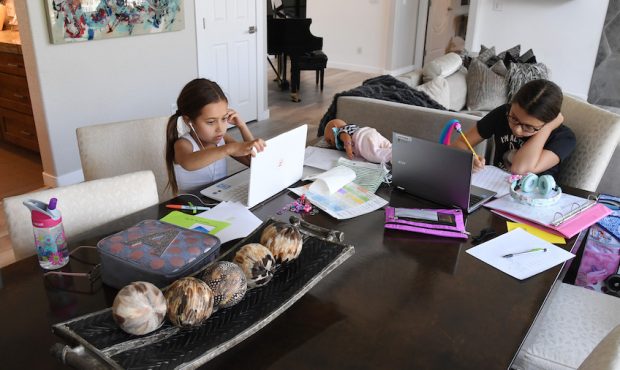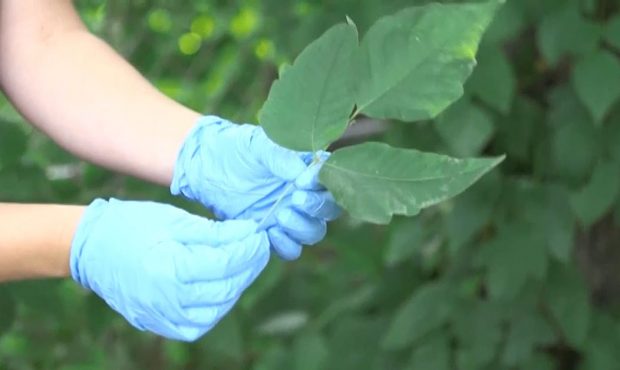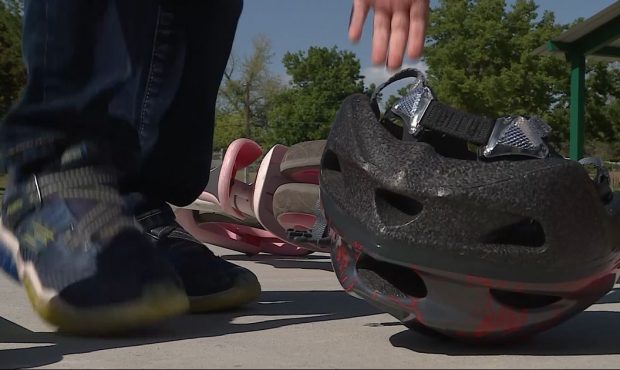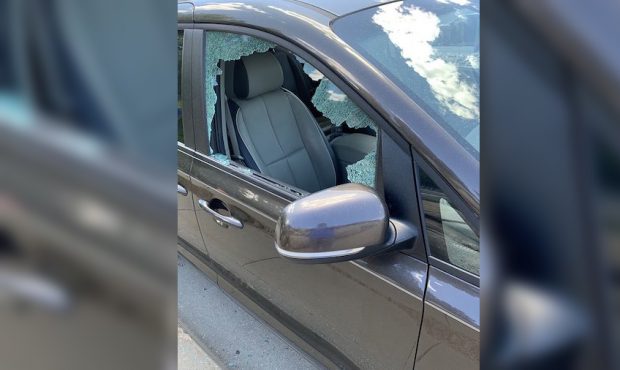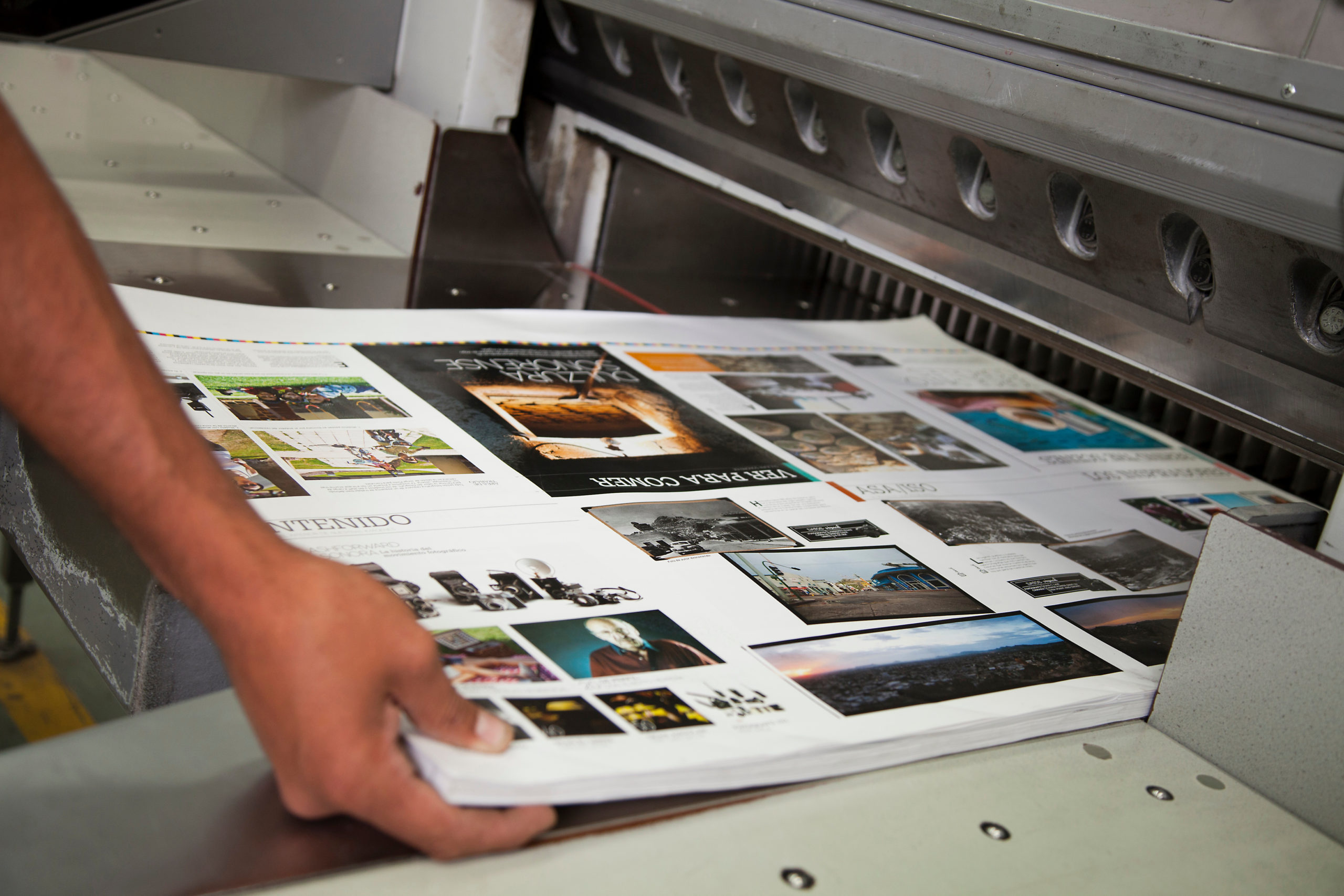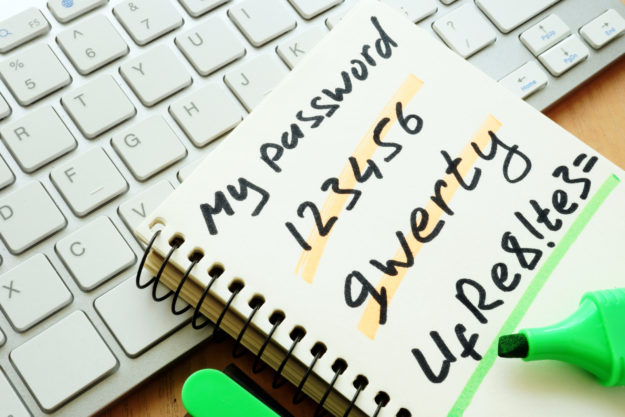SAFE IN 60
Safe in 60: Don’t be a scam victim
Apr 2, 2018, 7:00 AM | Updated: Apr 3, 2018, 12:37 am
SALT LAKE CITY – Law enforcement statistics show financial crimes are occurring at a higher rate than ever before.
Much of that has to do with technology. So many transactions, subscriptions and memberships are now paid by phone, text, email, and online websites.
By default that information can be hacked, phished, or scammed.
Thieves can obtain thousands of dollars from victims in just a few minutes without ever leaving their location or even being inside the United States, making arrest and prosecution virtually impossible.
You must take an active part in protecting your identity and financial security.
Here are a few ways to do that:
- Never provide your username, account name or password to anyone via phone, text, email, or online. No legitimate company, financial institution, or government agency would ever ask for this information. Use passwords that contain numbers, symbols, capital letters, and lowercase letters to make it difficult for anyone to hack your passwords. Change them at least once a year, especially your banking passwords. It’s OK to hang up on someone and call your company or financial institution directly to verify the information.
- Make sure you know you are speaking to a legitimate company with a specific purpose prior to providing your birth date, social security number, or other personal identifying information.
- Keep your malware and anti-virus software on your computer and devices activated and updated through a reputable company.
- Never make any type of payment or wire-transfer using iTunes gift cards. A request to pay with any type of gift card is suspicious. Beware of a suspicious, aggressive, or odd requester: if you get a call from the “IRS” saying you are past due on taxes or the “FBI” saying you have an arrest warrant, it’s a scam. The government will NEVER ask or accept payment in this manner nor will they attempt to intimidate you. Call your local dispatch center if you feel you need to verify if you have a warrant.
- Avoid leaving or carrying social security cards, tax documents, birth or death certificates in your purse or vehicle. Only take what you need when you need, otherwise leave it secured at home.
- Place outgoing mail with money, checks, or personal identifying information in a secure USPS mailbox or locked mailbox cluster (found in newer subdivisions and complexes) and NEVER leave those letters in an unsecured mailbox for pickup.
- You didn’t win gold bars in Nigeria, you don’t have a wealthy relative that died and left you millions, you didn’t win the lottery that you didn’t enter, and your grandchildren or relatives aren’t in jail needing money sent to them. Unfortunately, all are scams victims have fallen for.
- If you are buying or selling anything online, try to meet in a public place where others are present and near video surveillance cameras, if possible.
- Carefully examine any cash you receive for the security features to verify the money is real.
Credit/Debit Cards:
- Never keep your PIN in your wallet or purse with your credit/debit card. Memorize it and leave it at home.
- When using the credit/debit cards at ATMs and gas pumps, quickly check for possible skimming devices attached to the card readers which would steal your credit card information.
- Use the fraud alert apps and programs offered by many banks and credit unions to alert you to any fraudulent transactions. Report lost or stolen credit/debit cards immediately to have them deactivated.
- If you don’t frequently use a specific credit/debit card, then leave it secured at home.
- Never let anyone borrow or use your credit/debit card that you don’t completely trust.
Checks:
- Keep your checks secured and don’t carry them in your vehicle or purse unless you are going to use them.
- Immediately contact your financial institution if you suspect your checks were stolen, compromised, or believe a check was forged. Complete all Affidavit of Fraud forms and cooperate with the investigations.
- If you sell something online, or were contacted for a “job” and receive a check, NEVER accept a check for more than the correct amount. Thieves often ask you to send them the extra money back before the check clears (sometimes using Western Union, MoneyGram, or gift cards).
- Always wait the 14 days after depositing a check prior to withdrawing any funds as this allows the financial institution the ability to verify the funds and receive the funds into your account. If you withdraw the money or transfer the money prior to the 14 days and the check comes back as a fraud, forgery, or non-sufficient funds, then you may be responsible for the loss of the money.
- Never accept a check from a suspicious person or if it doesn’t seem right.
- When writing checks, use a pen that contains ink which makes “washing” or erasing the ink very difficult.

